Suzuki Vitara vs VW Golf Variant – Differences & prices compared
Two cars, one duel: Suzuki Vitara meets VW Golf Variant.
Which one wins in performance, efficiency and value for money? Find out now!
Here’s where it gets real: The technical differences in detail
Costs and Efficiency: Price and efficiency are often the first things buyers look at. Here it becomes clear which model has the long-term edge – whether at the pump, the plug, or in purchase price.
Suzuki Vitara has a slightly advantage in terms of price – it starts at 23600 £, while the VW Golf Variant costs 26100 £. That’s a price difference of around 2567 £.
Fuel consumption also shows a difference: the VW Golf Variant manages with 4.30 L and is therefore to a small extent more efficient than the Suzuki Vitara with 5 L. The difference is about 0.70 L per 100 km.
Engine and Performance: Under the bonnet, it becomes clear which model is tuned for sportiness and which one takes the lead when you hit the accelerator.
When it comes to engine power, the VW Golf Variant has a significantly edge – offering 333 HP compared to 129 HP. That’s roughly 204 HP more horsepower.
In acceleration from 0 to 100 km/h, the VW Golf Variant is significantly quicker – completing the sprint in 4.80 s, while the Suzuki Vitara takes 9.50 s. That’s about 4.70 s faster.
In terms of top speed, the VW Golf Variant performs clearly perceptible better – reaching 250 km/h, while the Suzuki Vitara tops out at 190 km/h. The difference is around 60 km/h.
There’s also a difference in torque: the VW Golf Variant pulls significantly stronger with 420 Nm compared to 235 Nm. That’s about 185 Nm difference.
Space and Everyday Use: Beyond pure performance, interior space and usability matter most in daily life. This is where you see which car is more practical and versatile.
Both vehicles offer seating for 5 people.
In curb weight, the Suzuki Vitara is minimal lighter – 1255 kg compared to 1366 kg. The difference is around 111 kg.
In terms of boot space, the VW Golf Variant offers clearly perceptible more room – 611 L compared to 375 L. That’s a difference of about 236 L.
In maximum load capacity, the VW Golf Variant performs evident better – up to 1642 L, which is about 522 L more than the Suzuki Vitara.
When it comes to payload, VW Golf Variant evident takes the win – 547 kg compared to 395 kg. That’s a difference of about 152 kg.
All in all, the VW Golf Variant shows itself to be leaves the rival little chance and secures the title of DriveDuel Champion.
It impresses with the more balanced overall package and proves to be the more versatile companion for everyday use.
Suzuki Vitara
The Suzuki Vitara impresses with its compact design and robust stance, making it ideal for both urban and off-road adventures. Its sleek lines and modern aesthetics ensure it stands out on the road, complemented by a comfortable and high-tech interior. The Vitara offers a smooth and engaging driving experience, combining efficiency with practicality.
details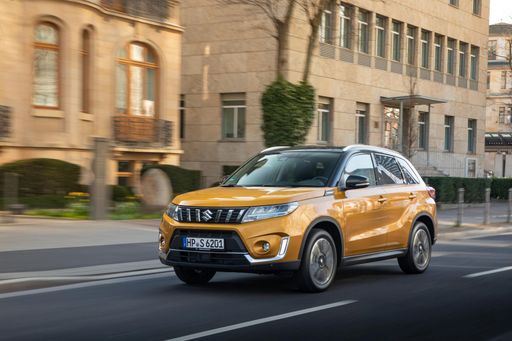 @ Suzuki
@ Suzuki
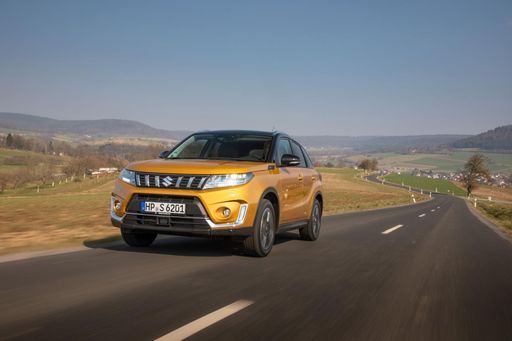 @ Suzuki
@ Suzuki
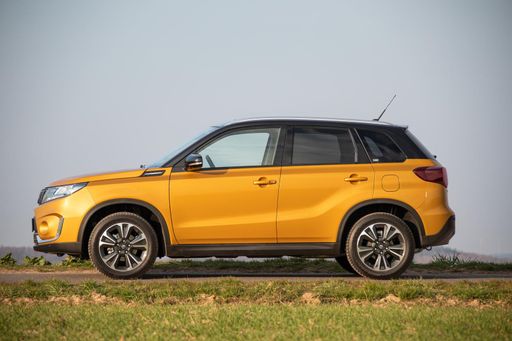 @ Suzuki
@ Suzuki
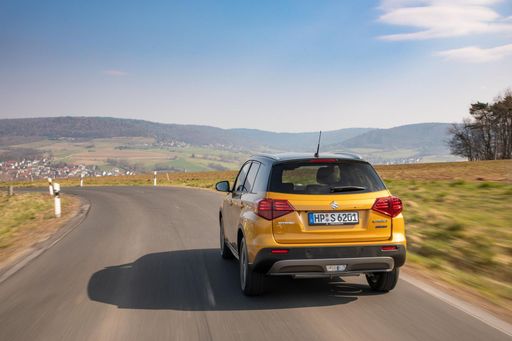 @ Suzuki
@ Suzuki
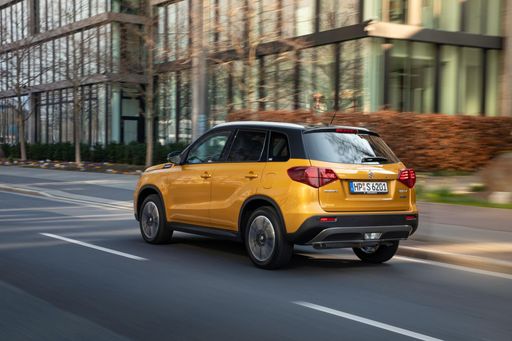 @ Suzuki
@ Suzuki
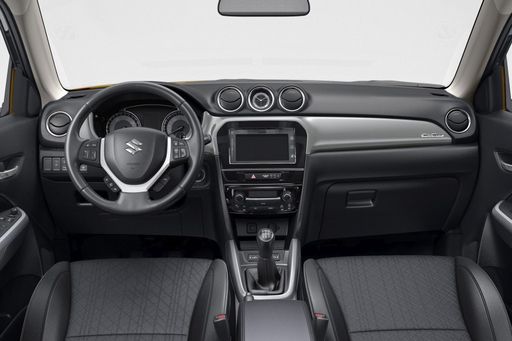 @ Suzuki
@ Suzuki
VW Golf Variant
The VW Golf Variant represents a seamless blend of practicality and style, catering to drivers who require extra space without compromising on aesthetics. Its refined design and spacious interior make it an ideal choice for families and individuals with an active lifestyle. With advanced technology and a smooth driving experience, this estate car continues to impress within its class.
details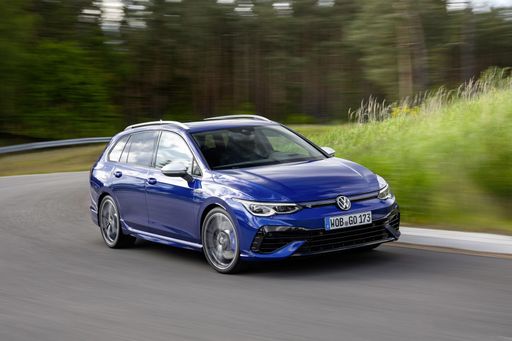 @ Volkswagen
@ Volkswagen
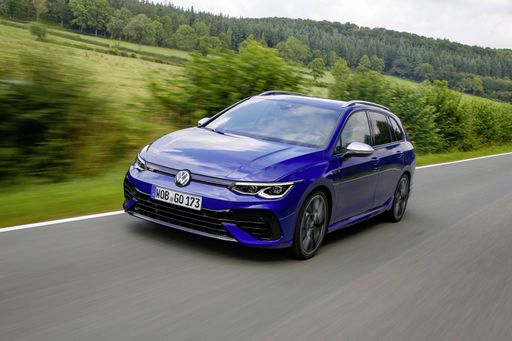 @ Volkswagen
@ Volkswagen
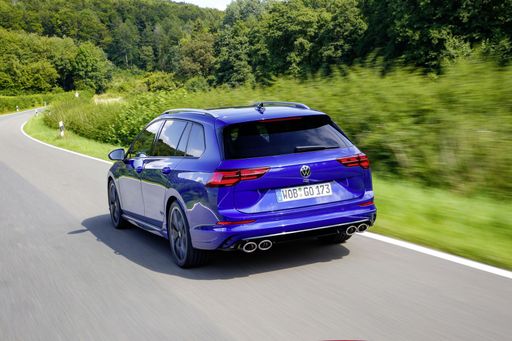 @ Volkswagen
@ Volkswagen
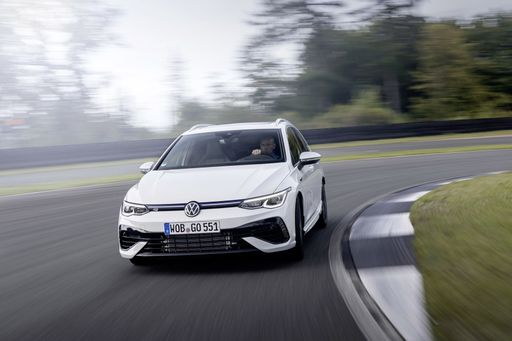 @ Volkswagen
@ Volkswagen
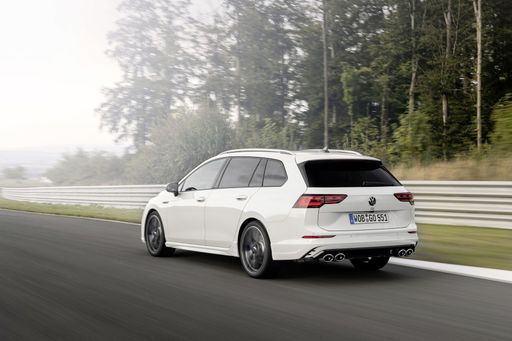 @ Volkswagen
@ Volkswagen
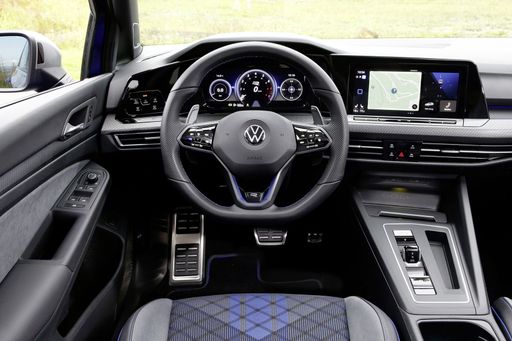 @ Volkswagen
@ Volkswagen
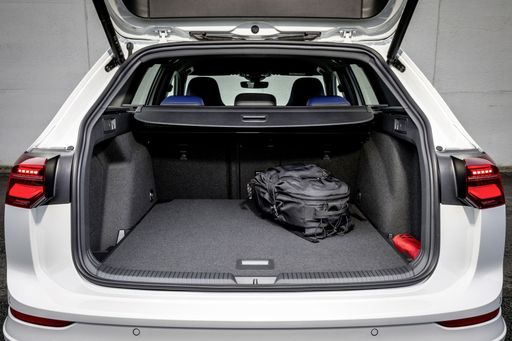 @ Volkswagen
@ Volkswagen

|

|
|
|
|
Costs and Consumption |
|
|---|---|
|
Price
23600 - 30900 £
|
Price
26100 - 48700 £
|
|
Consumption L/100km
5 - 5.6 L
|
Consumption L/100km
4.3 - 8.2 L
|
|
Consumption kWh/100km
-
|
Consumption kWh/100km
-
|
|
Electric Range
-
|
Electric Range
-
|
|
Battery Capacity
-
|
Battery Capacity
-
|
|
co2
113 - 129 g/km
|
co2
114 - 185 g/km
|
|
Fuel tank capacity
47 L
|
Fuel tank capacity
45 - 55 L
|
Dimensions and Body |
|
|---|---|
|
Body Type
SUV
|
Body Type
Estate
|
|
Seats
5
|
Seats
5
|
|
Doors
5
|
Doors
5
|
|
Curb weight
1255 - 1395 kg
|
Curb weight
1366 - 1621 kg
|
|
Trunk capacity
289 - 375 L
|
Trunk capacity
611 L
|
|
Length
4185 mm
|
Length
4631 - 4651 mm
|
|
Width
1775 mm
|
Width
1789 mm
|
|
Height
1595 mm
|
Height
1462 - 1487 mm
|
|
Max trunk capacity
1046 - 1120 L
|
Max trunk capacity
1624 - 1642 L
|
|
Payload
375 - 395 kg
|
Payload
489 - 547 kg
|
Engine and Performance |
|
|---|---|
|
Engine Type
Petrol MHEV, Full Hybrid
|
Engine Type
Petrol MHEV, Petrol, Diesel
|
|
Transmission
Manuel, Automatic
|
Transmission
Automatic, Manuel
|
|
Transmission Detail
Manual Gearbox, Automated Manual
|
Transmission Detail
Dual-Clutch Automatic, Manual Gearbox
|
|
Drive Type
Front-Wheel Drive, All-Wheel Drive
|
Drive Type
Front-Wheel Drive, All-Wheel Drive
|
|
Power HP
116 - 129 HP
|
Power HP
116 - 333 HP
|
|
Acceleration 0-100km/h
9.5 - 12.7 s
|
Acceleration 0-100km/h
4.8 - 10.5 s
|
|
Max Speed
180 - 190 km/h
|
Max Speed
202 - 250 km/h
|
|
Torque
235 Nm
|
Torque
220 - 420 Nm
|
|
Number of Cylinders
4
|
Number of Cylinders
4
|
|
Power kW
85 - 95 kW
|
Power kW
85 - 245 kW
|
|
Engine capacity
1373 - 1462 cm3
|
Engine capacity
1498 - 1984 cm3
|
General |
|
|---|---|
|
Model Year
2024
|
Model Year
2024 - 2025
|
|
CO2 Efficiency Class
D, C
|
CO2 Efficiency Class
D, G, F, C
|
|
Brand
Suzuki
|
Brand
VW
|
What drivetrain options does the Suzuki Vitara have?
Available configurations include Front-Wheel Drive or All-Wheel Drive.
The prices and data displayed are estimates based on German list prices and may vary by country. This information is not legally binding.
